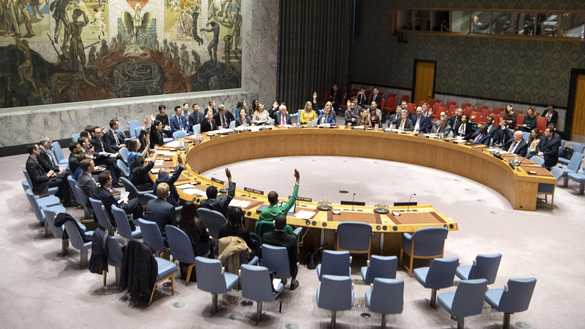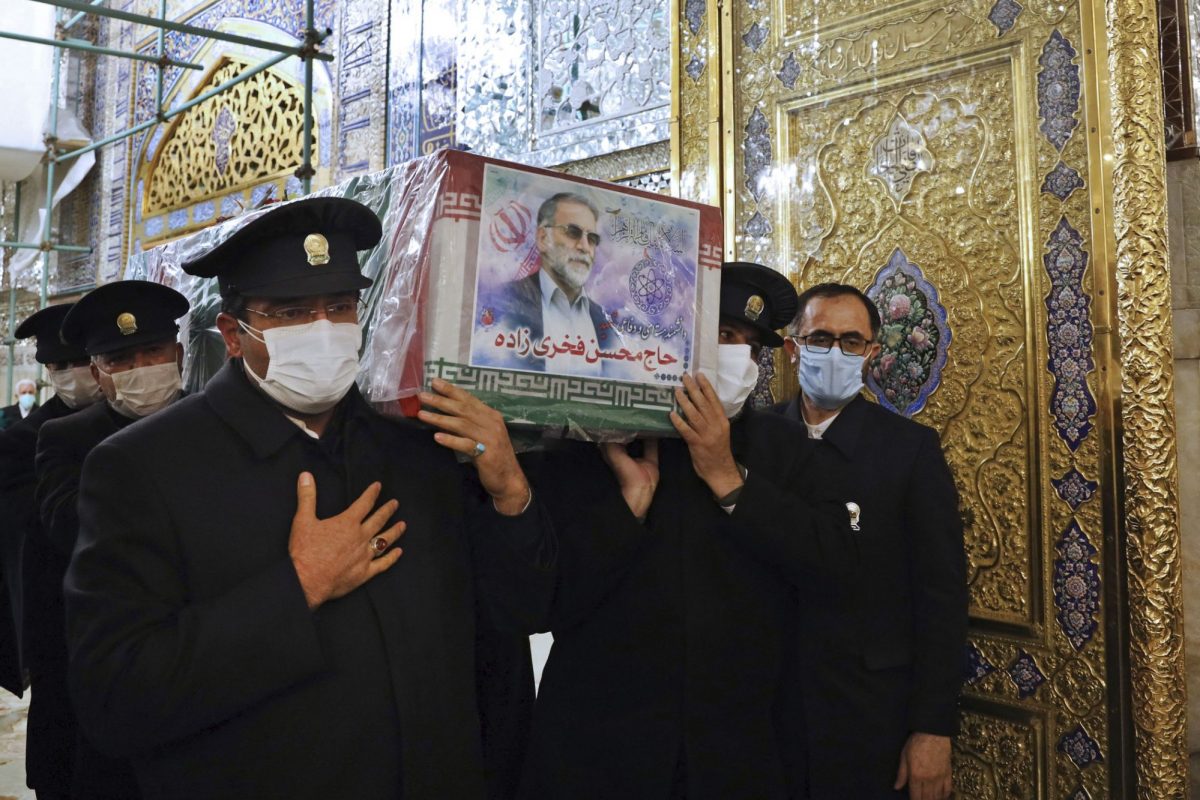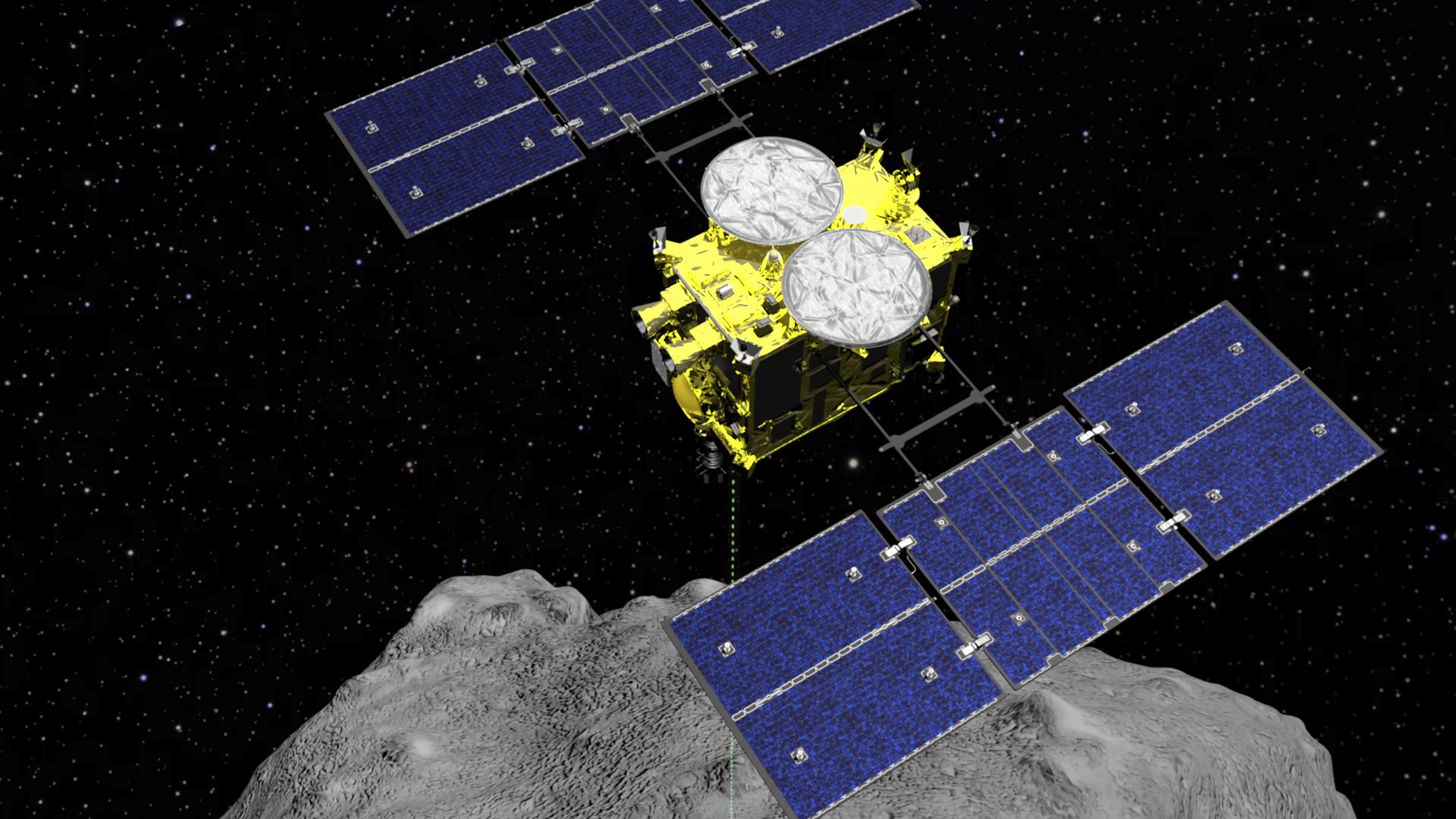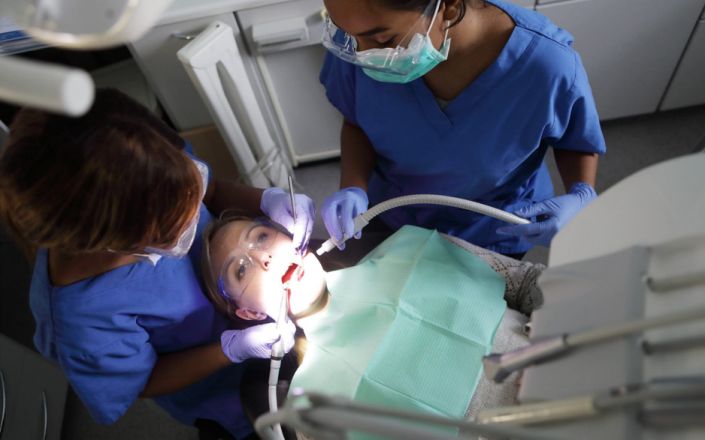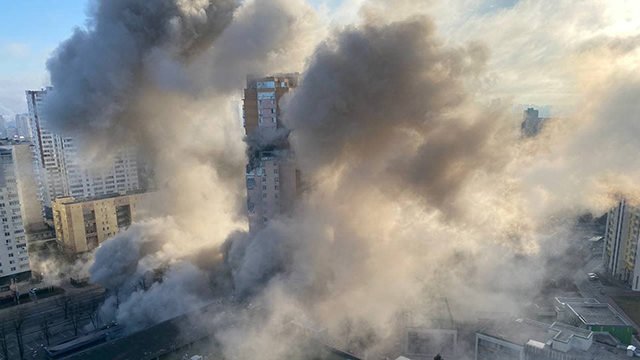
Despite Russian claims of not targeting civilian targets, a 26-story building on 6A Lobanovskoho Street in Kyiv, with no suggested military value, was hit by a Russian missile strike.
After spending more than a month amassing Russian soldiers near the Ukrainian border, Russian President Vladimir Putin announced, on February 24th, that “special military operations” had begun in eastern Ukraine under the pretext that his forces will “denazify” regions that fall under Russian control. Missile and artillery attacks began on Ukrainian air bases and the capitol Kyiv, along with Ukraine’s second largest city of Kharkiv. Ukrainian President Volodymyr Zelenskiy appealed to the international community for further sanctions on Russia, as well as shipments of arms to keep the Ukrainian military fighting. Many countries responded, with Germany - who just days before had halted the Nord Stream 2 Baltic Sea gas line project with Russia - said they would send 1,000 anti-tank weapons and 500 Stinger surface-to-air missiles. This move was significant for Germany as it meant a reversal of their policy to not send weapons into war zones. Swedish Prime Minister Magdalena Andersson committed similar military aid, including helmets and body armor.
